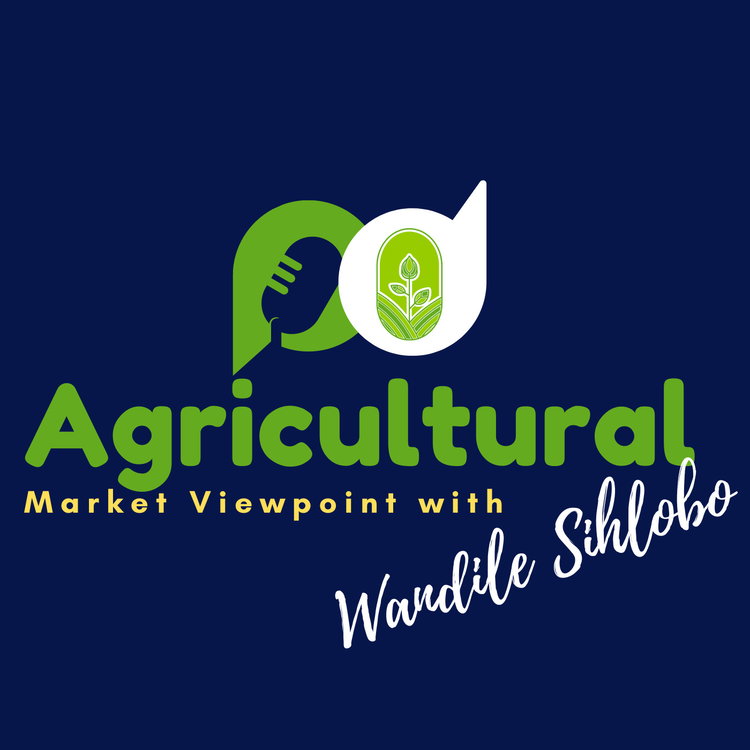
There is reason to be optimistic about SA's 2024-25 summer crop season
Loading player...
It is perhaps a reasonable choice to remain optimistic about the upcoming 2024-25 summer season in South Africa's agriculture. The global weather forecasters paint encouraging prospects of weather conditions. For example, the Australian Bureau of Meteorology and the International Research Institute for Climate and Society (IRI) at Columbia University continue to forecast La Niña occurrence.
The Australian Bureau of Meteorology states, "The ENSO Outlook is at La Niña Watch, meaning there are some signs that a La Niña may form in the Pacific Ocean in 2024". Meanwhile, the IRI sees a strong likelihood of La Niña now through January 2025, and after that, it weakens as the weather normalizes.
Overnight, the South African Weather Service (SAWS) also published a cautiously optimistic note. The SAWS stated that the "current predictions indicate the development of a La Niña state during the start of the summer season; however, there is still significant uncertainty in the predictions."
The SAWS added that "it is advised to monitor the ENSO system during the start of the summer season, as it may change the rainfall outlook for the summer rainfall regions if and when the La Niña materializes. Current predictions focus on the early- and mid-summer seasons and indicate wetter conditions over the interior of the country. The northeastern parts, however, at this stage, indicate drier conditions extending through to the mid-summer period."
What we draw from these statements is that (1) South Africa and indeed the Southern Africa region is out of an El Niño cycle, which typically brings drought and has had a devastating impact on agriculture in the 2023-24 summer season; (2) there is reason to be optimistic about the La Niña possibilities and favourable rains in the 2024-25 season (but must be mindful of the regions the SAWS suggests may be slightly dry for some time), and that (3) even if we are out of a La Niña cycle soon and in the "neutral" state, the agricultural conditions could still be favourable as the "neutral" state implies normal conditions.
Listen to the podcast for more details.
Podcast production by Richard Humphries, and Sam Mkokeli
My writing on agricultural economic matters is available on my blog: https://wandilesihlobo.com/
The Australian Bureau of Meteorology states, "The ENSO Outlook is at La Niña Watch, meaning there are some signs that a La Niña may form in the Pacific Ocean in 2024". Meanwhile, the IRI sees a strong likelihood of La Niña now through January 2025, and after that, it weakens as the weather normalizes.
Overnight, the South African Weather Service (SAWS) also published a cautiously optimistic note. The SAWS stated that the "current predictions indicate the development of a La Niña state during the start of the summer season; however, there is still significant uncertainty in the predictions."
The SAWS added that "it is advised to monitor the ENSO system during the start of the summer season, as it may change the rainfall outlook for the summer rainfall regions if and when the La Niña materializes. Current predictions focus on the early- and mid-summer seasons and indicate wetter conditions over the interior of the country. The northeastern parts, however, at this stage, indicate drier conditions extending through to the mid-summer period."
What we draw from these statements is that (1) South Africa and indeed the Southern Africa region is out of an El Niño cycle, which typically brings drought and has had a devastating impact on agriculture in the 2023-24 summer season; (2) there is reason to be optimistic about the La Niña possibilities and favourable rains in the 2024-25 season (but must be mindful of the regions the SAWS suggests may be slightly dry for some time), and that (3) even if we are out of a La Niña cycle soon and in the "neutral" state, the agricultural conditions could still be favourable as the "neutral" state implies normal conditions.
Listen to the podcast for more details.
Podcast production by Richard Humphries, and Sam Mkokeli
My writing on agricultural economic matters is available on my blog: https://wandilesihlobo.com/

